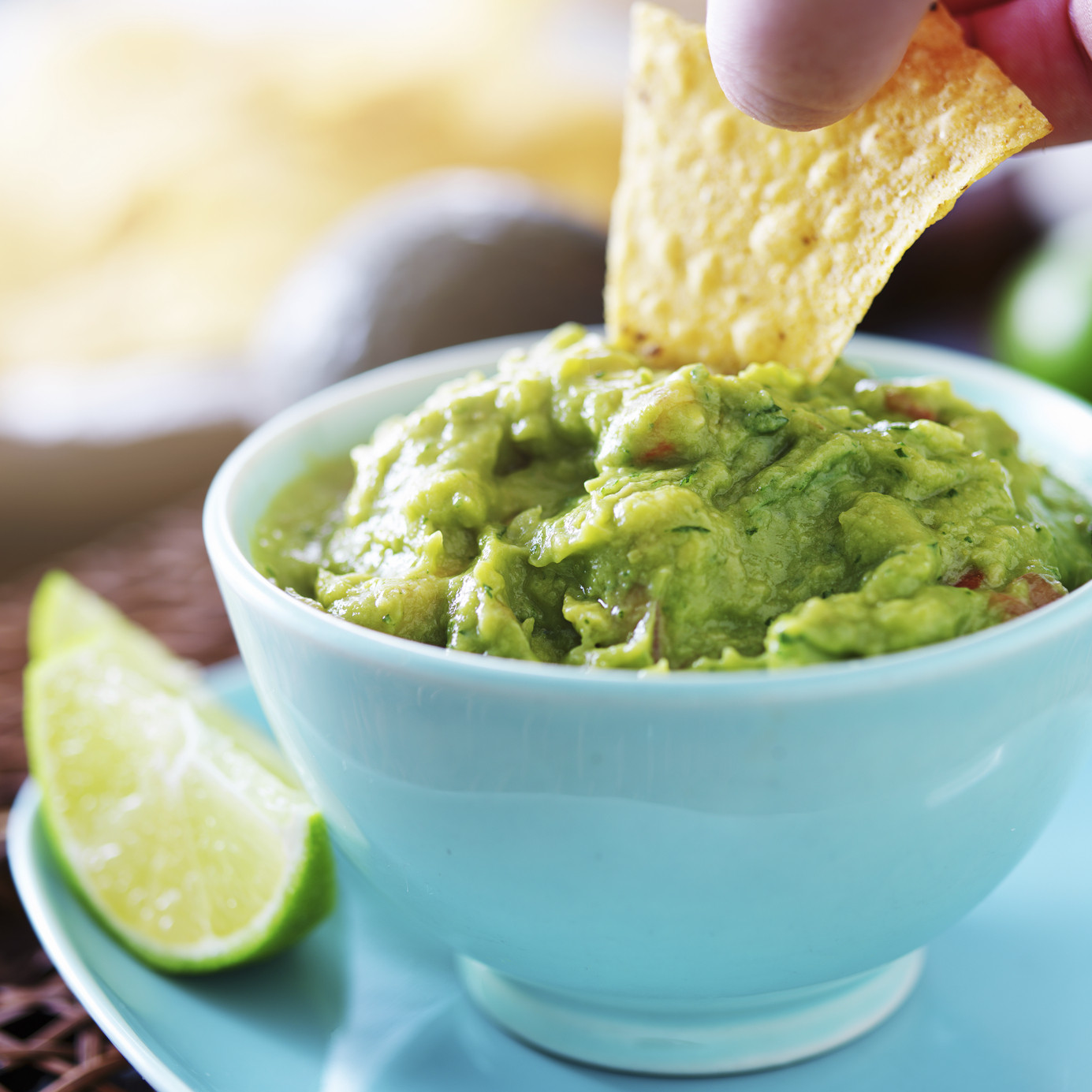Harvard Health Blog
"Double dipping" your chip: Dangerous or just…icky?

Double dippers are everywhere – the 4th of July barbeque, family reunions, Super Bowl parties, anywhere chips and dip are a staple. These are the people who take a bite and dip their chips a second time when they think no one is looking.
Just ask George
Leave it to George Costanza on Seinfeld to make double dipping a mainstream public health scare. The episode, which originally aired in 1993, brought shame to George as he was caught dipping a chip a second time at a wake. The partygoer objecting to this practice exclaims "That's like putting your whole mouth right in the dip!"
But is double dipping really so bad?
Ever since that Seinfeld episode, the "health menace" of double dipping has been a mainstay of party conversation, high school science projects, and even high-level academic investigation. Perhaps the most influential was a 2009 study performed at Clemson University and published in the Journal of Food Safety, entitled "Effect of biting before dipping (double-dipping) chips on the bacterial population of the dipping solution." The title alone may be enough to make you lose your appetite.
The researchers carefully analyzed bacterial contamination before and after a person double dips. Here's what they found:
- Bacterial counts in the dip increased significantly after a person took a bite from a chip and then dipped again.
- The number of bacteria contaminating the dip varied depending on the dip – salsa had more bacteria after double-dipping compared with chocolate or cheese dips (perhaps due to differences in thickness and acidity of the dips).
Similar findings were noted when bacteria counts were measured after a bitten chip was dipped in water.
So just how risky is double dipping?
It's important to note that this research was not designed to find people who became sick because someone else double dipped. And, considering that our mouths are normally packed with bacteria, it doesn't necessarily follow that more bacteria in the dip means double dipping is dangerous.
However, this research does raise the possibility that a person who is sick (or about to be) might spread a disease by re-dipping a chip. Documented examples of this are hard to find – if you know of one, let me know! But even if the risk is hard to prove, the risk may be real. We know of many respiratory diseases that can be spread by contact with saliva, such as influenza (the flu) or whooping cough. Still, there are probably much bigger risks at your next office party than double dipping. You're more likely to contract an illness from a sick person coughing or sneezing in your face or if they don't wash their hands while sick than you are from a healthy double-dipper. So, while it's reasonable to discourage double dipping, it's unlikely to pose a major risk to your health.
And if you're a double dipper…
And, for habitual double-dippers, I wonder about a more responsible option: turn the chip around to double dip from the unbitten end of the chip. Stand by – somewhere in America there is a high school kid setting up that experiment right now.
Disclaimer:
As a service to our readers, Harvard Health Publishing provides access to our library of archived content. Please note the date of last review or update on all articles.
No content on this site, regardless of date, should ever be used as a substitute for direct medical advice from your doctor or other qualified clinician.















